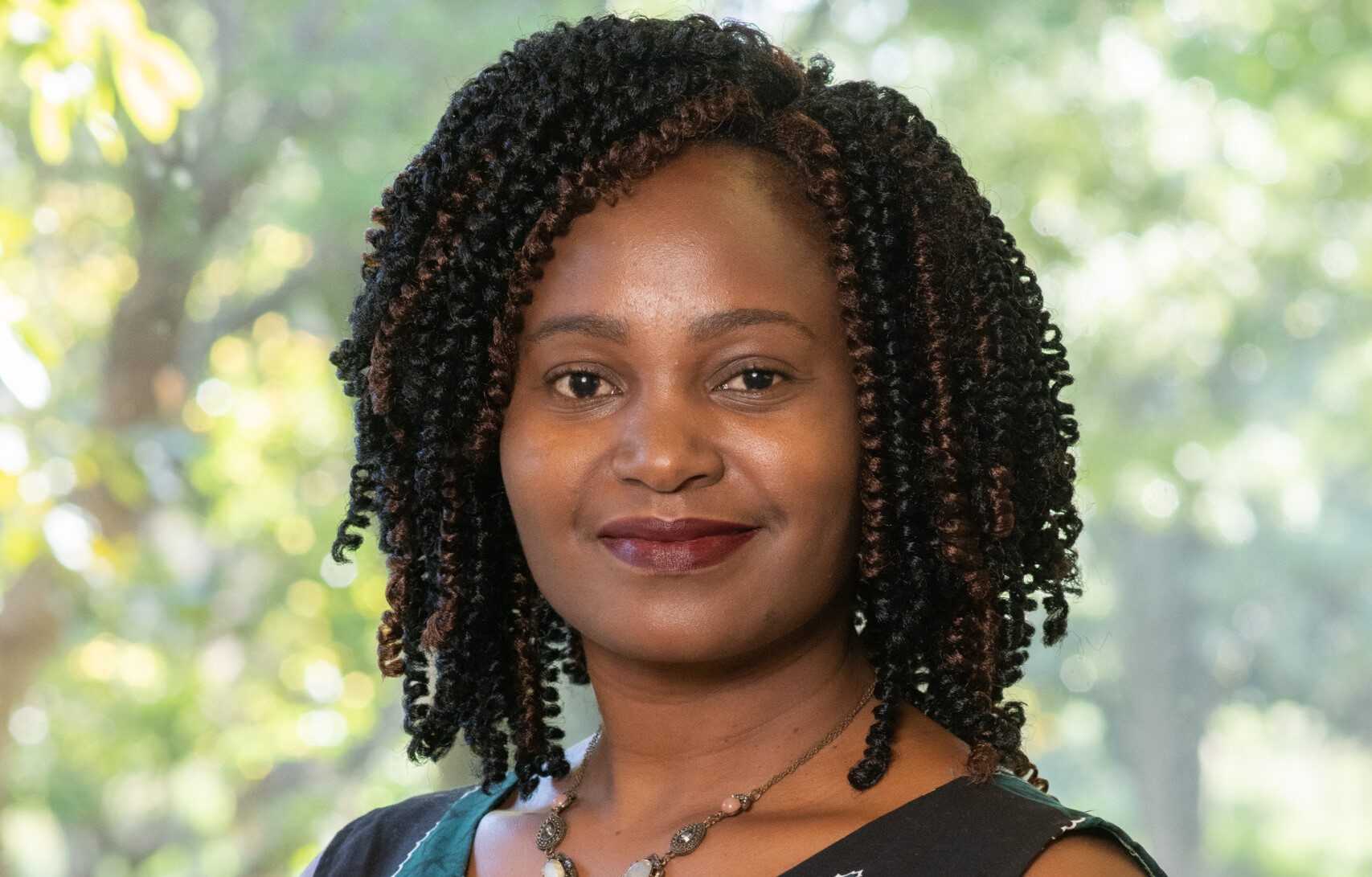FDH Bank rolls out first Islamic banking window
FDH Bank plc has rolled out Islamic banking that will provide Shariah-compliant products and services managed separately through a special window from conventional banking.
Islamic banking, also referred to as Islamic finance, is premised on two fundamental principles of Islamic banking, which entails sharing of profit and loss and the prohibition of the collection and payment of interest by lenders and investors.

FDH Bank plc board chairperson Charity Mseka said on Wednesday in Blantyre that the roll out of Islamic banking services, the first in the country, is not just expansion of services, but a commitment to financial inclusion and diversity.
“This milestone comes on the back of our new purpose as a bank which is to provide easy access to financial solutions that enable our communities to grow with us,” she said.
Mseka observed that Islamic banking offers resilience in the face of economic challenges as it emphasises on asset-backed financing and risk-based sharing mechanism, which provides a buffer against speculative practices.
She said the Islamic banking operates without the concept of interest, which is prohibited in Islam, instead of focusing on profit-sharing and asset backed transactions.
“This aligns closely with the value of many in our community who seeks financial solutions that are not only lucrative but also ethical and socially responsible,” she said.
The bank’s managing director Noel Mkulichi said apart from the approval from the Reserve Bank of Malawi to offer Islamic banking, the central bank also gave them a go-ahead to set up a Shariah Advisory Committee to oversee the management of FDH Salama Banking products and services.
“This is a key requirement for enhancing Sharia compliance,” he said.
Mkulichi said the Islamic banking will start by offering deposit accounts as well as a cost-plus financing solution or Murabaha and will expand the product line with time.
“Customers can access these solutions through our specially designated service centres Limbe, City Centre in Lilongwe and Mangochi,” he said.
Mkulichi touted the FDH Salama banking solution as the first of its kind in Malawi, specially introduced to fill the gap the country has historically experienced.
RBM executive director for regulation Patrick Mhango said it is the government’s policy position to create a conducive business environment for the private sector to offer a critical basis for expanding the scope of Islamic finance in the country.
“As part of our legislative readiness, we will ensure that Islamic banking products are offered in a safe and sound manner,” he said.
Muslim Association of Malawi general secretary Sheikh Alhaj Twaibu Lawe thanked FDH Bank for partnering Mam and Qadria Association of Malawi to introduce the Islamic banking, saying it will help them access bank services in an Islamic way.
Chamber for Small and Medium Businesses Association executive secretary James Chiutsi said in an interview that the Islamic banking window could not have come at a better time than now when the cost of capital is high.
“For years, we have decried high interest rates which have made borrowing from financial institutions very hard,” he said.
But economic statistician Alick Nyasulu is quoted as having said that aspects of Islamic banking are worth pursuing given the high cost of borrowing, but said it is not as easy as it seems.
Elsewhere in Africa, South Africa, Nigeria, Kenya, Senegal, Djibouti, Uganda and Morocco have legal and regulatory frameworks and run Islamic finance products.






0grq0q